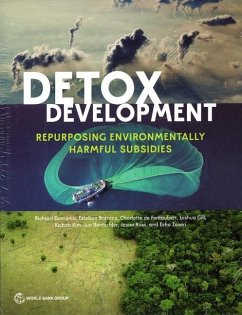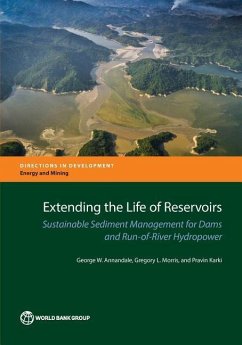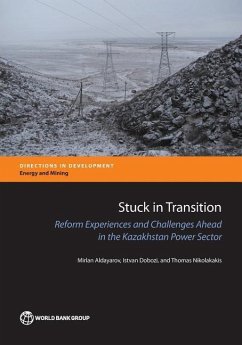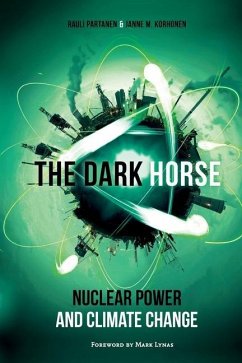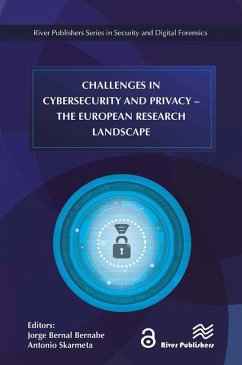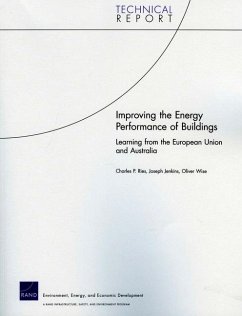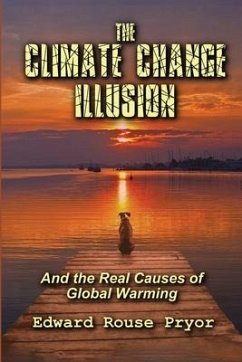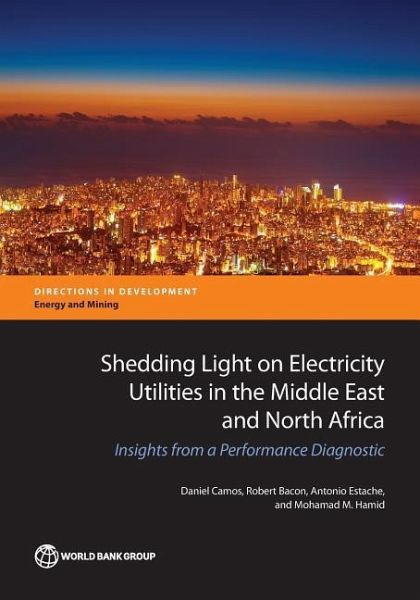
Shedding Light on Electricity Utilities in the Middle East and North Africa
Insights from a Performance Diagnostic
Versandkostenfrei!
Versandfertig in über 4 Wochen
40,99 €
inkl. MwSt.

PAYBACK Punkte
20 °P sammeln!
"The electricity sector in the Middle East and North Africa (MENA) is in the grip of an apparent paradox. Although the region continues to hold the world's largest oil and gas reserves and has been able to maintain electricity access rates of close to hundred percent in most of its economies, it may not be in a position to cater to the future electricity needs of its fast-growing population and their business activities. Primary energy demand in the region is expected to continue to rise at an annual rate of 1.9 percent through 2035, requiring a significant increase in generating capacity. Inv...
"The electricity sector in the Middle East and North Africa (MENA) is in the grip of an apparent paradox. Although the region continues to hold the world's largest oil and gas reserves and has been able to maintain electricity access rates of close to hundred percent in most of its economies, it may not be in a position to cater to the future electricity needs of its fast-growing population and their business activities. Primary energy demand in the region is expected to continue to rise at an annual rate of 1.9 percent through 2035, requiring a significant increase in generating capacity. Investments have not been rising fast enough to meet that requirement." --



